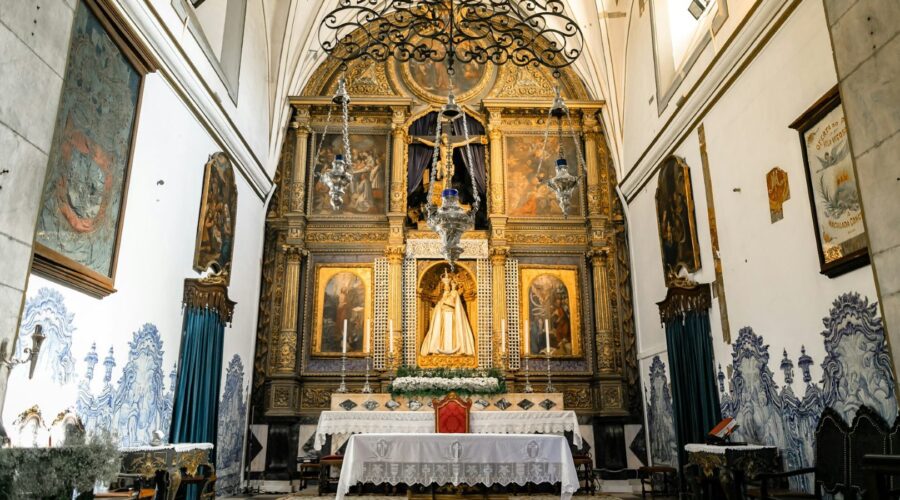Your cart is currently empty!
The United Methodist Church: A Comprehensive Guide

Introduction
The United Methodist Church (UMC) is the second-largest Protestant denomination in the United States, with over 12 million members worldwide. It is a global church with a diverse membership, and its mission is to make disciples of Jesus Christ for the transformation of the world.
The UMC is a connectional church, meaning that it is a network of local churches that are all connected to each other through shared beliefs, values, and practices. The church is governed by a General Conference, which meets every four years to set policy and direction for the denomination.
The UMC is a diverse church with a wide range of beliefs and practices. However, all United Methodists share a common core of beliefs, including:
- The Bible is the inspired Word of God.
- Jesus Christ is the Son of God and the Savior of the world.
- The Holy Spirit is the power of God that empowers us to live as Christians.
History
The UMC was formed in 1968 by the merger of the Methodist Church and the Evangelical United Brethren Church. The Methodist Church was founded in 1784 by John Wesley, and the Evangelical United Brethren Church was founded in 1815 by Philip William Otterbein.
The merger of these two denominations was a major event in the history of American Christianity. It created a new denomination that was more diverse and more global than either of its predecessors.
Doctrine
The UMC’s doctrine is based on the Bible and the Wesleyan tradition. The Wesleyan tradition is a set of beliefs and practices that were developed by John Wesley, the founder of Methodism. The Wesleyan tradition emphasizes:
- The importance of personal experience in religion.
- The role of grace in salvation.
- The importance of Christian living.
The UMC’s doctrine is expressed in the church’s Articles of Religion, which are a set of 25 statements that summarize the church’s beliefs.
Structure
The UMC is a connectional church, which means that it is a network of local churches that are all connected to each other through shared beliefs, values, and practices. The church is governed by a General Conference, which meets every four years to set policy and direction for the denomination.
The General Conference is composed of delegates from each of the UMC’s annual conferences. Annual conferences are regional bodies that oversee the work of the church in a particular geographic area.
Local churches are the basic unit of the UMC. They are led by pastors who are appointed by the bishop of the annual conference. Local churches are responsible for carrying out the mission of the church in their communities.
Social Justice
The UMC has a long history of social justice activism. The church has been involved in a wide range of social justice issues, including civil rights, economic justice, and environmental protection.
The UMC’s social justice work is based on the belief that all people are created in the image of God and that all people deserve to be treated with dignity and respect.
Mission and Outreach
The UMC’s mission is to make disciples of Jesus Christ for the transformation of the world. The church’s outreach efforts are focused on reaching out to people who are not yet connected to a church and helping them to become followers of Jesus Christ.
The UMC’s outreach efforts include a variety of programs and ministries, such as:
- Sunday school
- Small groups
- Mission trips
- Community outreach programs
Conclusion
The United Methodist Church is a diverse and global church with a rich history and a commitment to social justice. The church’s mission is to make disciples of Jesus Christ for the transformation of the world.
If you are looking for a church that is committed to making a difference in the world, the United Methodist Church is a great option.